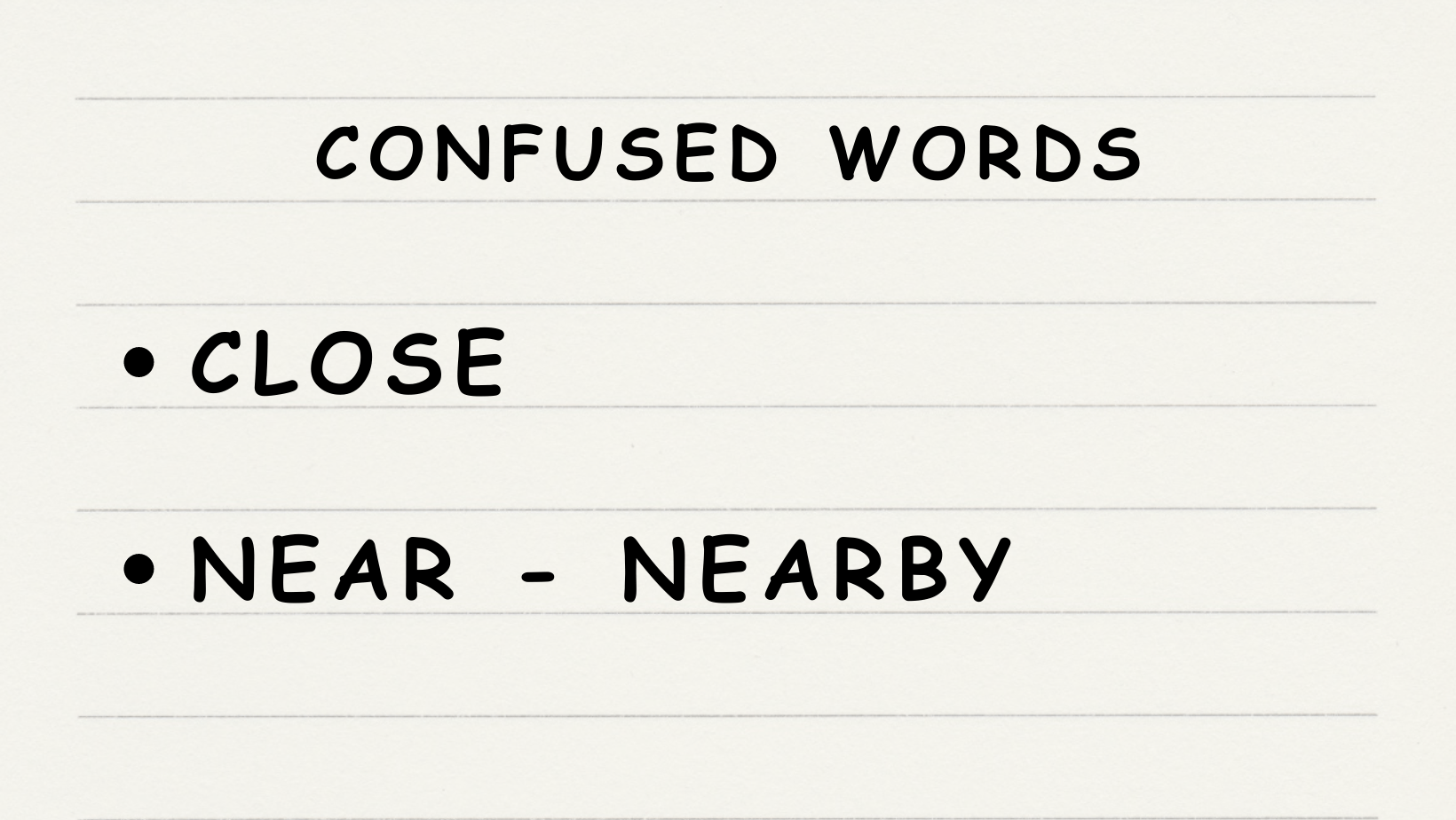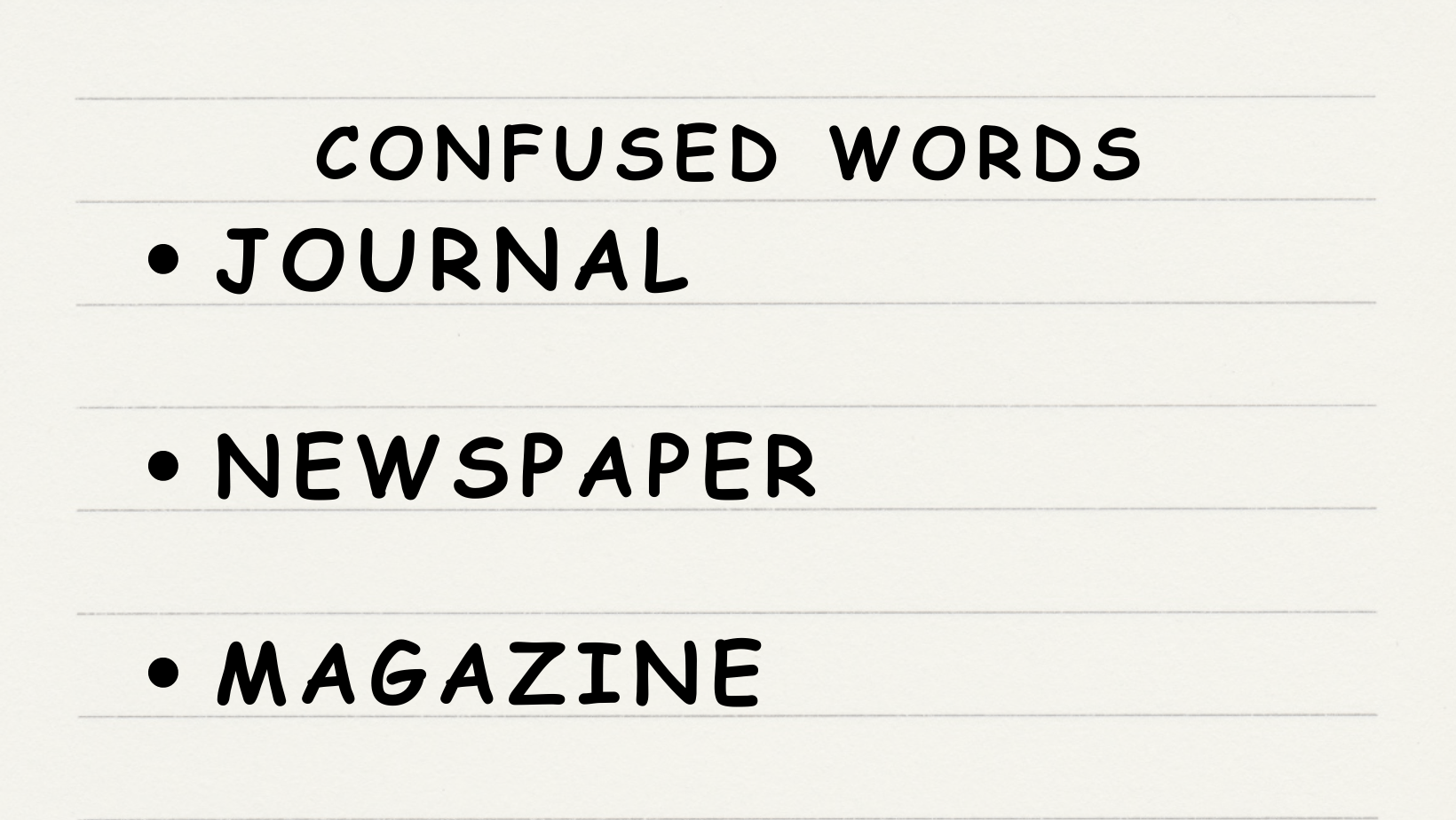
Greetings, aspiring English learners! Today, we’re tackling the subtle distinction between the words start and begin. While these verbs can often be used interchangeably, understanding their nuances can enhance your language mastery. So, shall we get started… or should we begin?
Start
Let’s start with “start” (IPA: /stɑːrt/). “Start” typically refers to the act of beginning or setting into motion something new, often with an implication of a sudden action.
Here are 10 examples:
- She decided to start a new hobby. (She decided to set into motion a new hobby)
- Let’s start the meeting now. (Let’s set the meeting into motion now)
- The race will start in 10 minutes. (The race will begin or be set into motion in 10 minutes)
- I started to feel sick after dinner. (I began to feel sick suddenly after dinner)
- He started his own business. (He set his own business into motion)
- The movie starts at 8 pm. (The movie begins or gets set into motion at 8 pm)
- We started our journey at dawn. (We set our journey into motion at dawn)
- She started crying when she heard the news. (She began crying suddenly when she heard the news)
- I started learning Spanish this year. (I began learning Spanish this year)
- The car starts with a push of a button. (The car gets set into motion with a push of a button)
Begin
Now let’s begin with “begin” (IPA: /bɪˈɡɪn/). Begin” also means to start or embark on something, but it usually implies a process or sequence of events.
Here are 10 examples:
- Let’s begin our lesson. (Let’s start our lesson, implying a sequence of events)
- The ceremony will begin soon. (The ceremony will start soon, implying a sequence of events)
- She began to tell her story. (She started to tell her story, indicating a sequence of events)
- I begin my day with a cup of coffee. (I start my day with a cup of coffee, implying a routine)
- He began writing a novel. (He started writing a novel, indicating a process)
- The concert begins at 7 pm. (The concert starts at 7 pm, indicating a series of performances)
- Let’s begin the exam. (Let’s start the exam, implying a sequence of questions)
- She began working on the project. (She started working on the project, indicating a process)
- They began their journey to the top. (They started their journey to the top, indicating a process)
- The meeting will begin with a speech from the CEO. (The meeting will start with a speech from the CEO, indicating a sequence)
Conclusion
In conclusion, while start and begin can often be used interchangeably, “start” sometimes has a sense of suddenness, while “begin” often implies a process or sequence. No matter whether you’re starting or beginning, understanding these subtleties will make your English communication even sharper!


